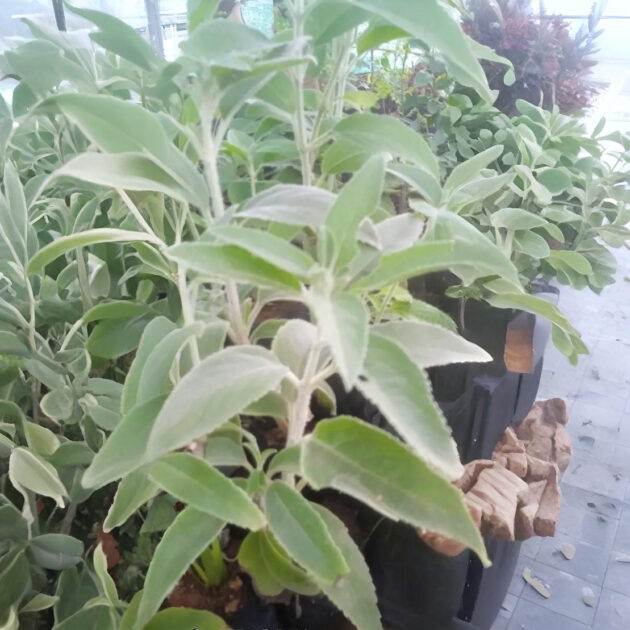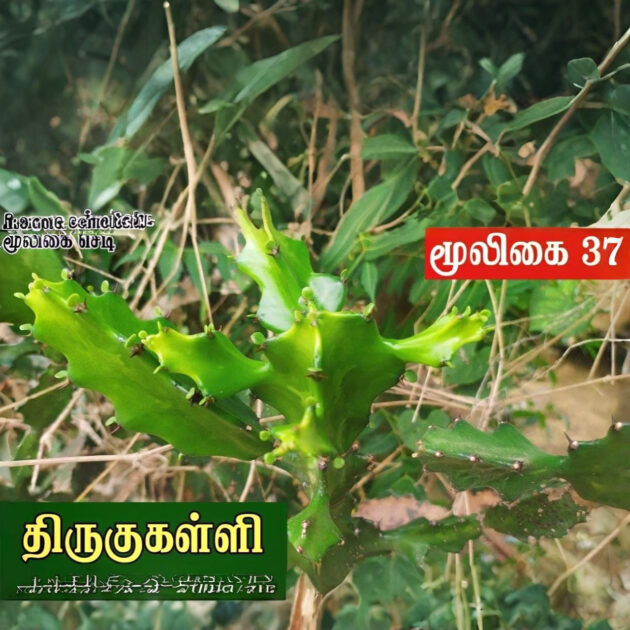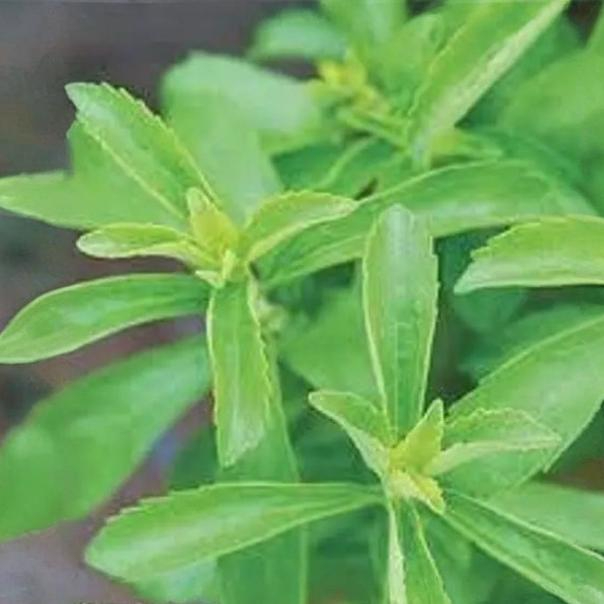

sweet thulasi plant
₹99.00 Original price was: ₹99.00.₹39.00Current price is: ₹39.00.
Details:
Sweet Thulasi (Sweet Basil) is an incredibly versatile plant that offers both culinary and medicinal benefits. Whether you’re using it to enhance a dish, create a soothing herbal tea, or grow it for its spiritual significance, it’s a plant that has been cherished for centuries across various cultures.
Description
Sweet Thulasi (also known as Sweet Basil or Tulsi) refers to a variety of Ocimum basilicum, a popular herb used in culinary, medicinal, and spiritual practices. It is commonly called Tulsi in India, though Sweet Basil is typically used to refer to a specific cultivar of the basil plant, known for its sweet, aromatic flavor.
Here’s a detailed description of the Sweet Thulasi plant:
Scientific Name:
- Ocimum basilicum
Common Names:
- Sweet Basil, Tulsi (in India, though Tulsi can also refer to other varieties of Ocimum basilicum), Thai Basil, Holy Basil (for Ocimum sanctum, which is a different species sometimes confused with Sweet Basil)
Appearance:
- Height: Sweet Thulasi is an aromatic, herbaceous plant that typically grows between 30–60 cm (12–24 inches) tall, though it can grow taller with proper care.
- Leaves: The leaves are smooth, glossy, and bright green, with a distinct, aromatic fragrance. They are ovate (egg-shaped) or lance-shaped and have slightly serrated edges. The leaves are highly aromatic and are one of the key characteristics that make it so popular in cooking.
- Flowers: The plant produces small, white to purple flowers that grow in spikes or clusters. The flowers are not very showy, and the plant is primarily valued for its aromatic leaves.
- Stems: The stems are typically square in shape (as with most basil species), soft, and green when young, turning woody and brown as the plant matures.
Habitat:
- Native Region: Sweet Thulasi is native to tropical regions of Asia, especially India, and is widely cultivated worldwide in both tropical and temperate climates.
- Preferred Growing Conditions: The plant prefers warm, sunny conditions and well-drained soil. It is grown extensively in home gardens, container gardens, and small farm plots. Sweet Basil thrives in warm weather and is sensitive to cold temperatures, which can damage the plant.
Culinary Uses:
- Flavor Profile: Sweet Thulasi (Sweet Basil) has a sweet, slightly peppery flavor with hints of clove, anise, and mint. It is often used fresh or dried in cooking, particularly in Mediterranean and Southeast Asian cuisines.
- Popular Dishes: It is a key ingredient in pesto (especially in Italian cuisine), salads, pasta dishes, soups, and Thai curries. It is also used as a garnish in a variety of dishes.
- Herbal Tea: Sweet Basil can be steeped to make herbal tea. The leaves have a pleasant aroma and are used to brew calming, aromatic infusions.
Medicinal Uses:
- Antioxidant and Anti-inflammatory: Sweet Thulasi has powerful antioxidant properties and is used in traditional medicine to treat a variety of ailments.
- Digestive Health: The leaves are believed to support digestive health, ease nausea, and relieve bloating.
- Respiratory Health: Basil is also used to soothe coughs and colds and can help alleviate symptoms of respiratory issues.
- Stress and Anxiety Relief: The plant has a mild calming effect, and basil extracts are sometimes used to reduce stress and anxiety.
- Wound Healing: Basil leaves are applied topically in some traditional remedies for minor cuts, burns, or insect bites.
Spiritual and Religious Significance:
- In Hinduism, Tulsi (Holy Basil) is considered a sacred plant, and the Sweet Thulasi variety is often grown near temples and homes. The plant is associated with the goddess Lakshmi, and its leaves are used in religious offerings to deities, especially Lord Vishnu and Lord Krishna.
- It is believed to bring spiritual purity and is often part of daily rituals and prayers.
Care and Cultivation:
- Sunlight: Sweet Thulasi requires full sunlight to thrive, making it ideal for outdoor gardens or sunny windowsills.
- Watering: The plant requires regular watering but should not be waterlogged. It prefers well-draining soil, and overwatering can lead to root rot.
- Soil: It grows best in nutrient-rich, slightly acidic to neutral soil. Basil plants can be grown in pots, raised beds, or garden beds.
- Pruning: Pruning the plant regularly encourages bushier growth and prevents it from flowering too soon. Once the plant starts to flower, the leaves can become bitter, so pruning off flower buds helps maintain flavor.
- Temperature: Sweet Basil thrives in warm temperatures, typically between 18°C to 30°C (65°F to 85°F). It does not tolerate frost and should be grown in warm, frost-free conditions.
Varieties of Basil:
- Sweet Basil (Ocimum basilicum) is one of the most common types used in cooking, but there are several other types of basil, including Thai Basil, Purple Basil, and Lemon Basil. Each variety has its own flavor profile and culinary applications.
Potential Side Effects:
- Allergy: In some individuals, basil may cause allergic reactions, including skin irritation or digestive issues.
- Pregnancy: While basil is generally safe, large amounts of basil extract or oil should be avoided during pregnancy, as it may stimulate menstruation.
Other Uses:
- Aromatherapy: The essential oil of Sweet Thulasi is sometimes used in aromatherapy for its relaxing and anti-inflammatory properties.
- Insect Repellent: The strong aroma of basil is known to repel certain pests, such as mosquitoes and flies. It can be used in homemade insect repellents or grown in gardens to help keep bugs at bay.



Reviews
Clear filtersThere are no reviews yet.